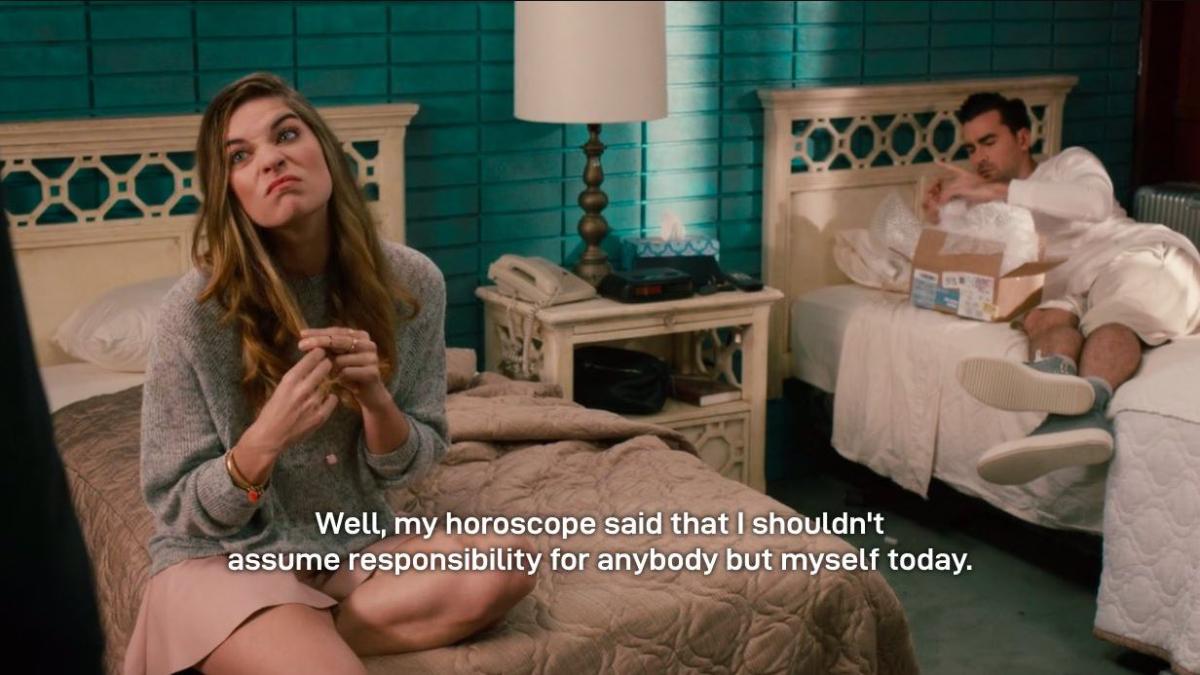
AH, the future. It can be a scary one to think about. Don’t get me wrong, there are heaps of blissful things to look forward to as a young adult. However, the weight of responsibility can get a little overwhelming at times – especially when it comes to money.
As much as it pains me to say, getting into good money habits and staying clued in with your bank account is an essential part of the whole “growing up” shebang. It’s the small steps that you’ll take now that’ll likely impact the trajectory of your cash longterm, so it’s important to ensure you’re giving yourself the best shot possible.
Now, even if you sweat bullets at the thought of opening a bank statement, never fear. There are ways to cut ties with toxic cash traits and educate yourself on how to best set yourself up for a financially-supported future, so here’s a further look into what they might be.
Ignoring Your Super
Your superannuation is probably the easiest money-related thing to ignore because you don’t ever really *have* to acknowledge its presence day-to-day. It’s out of sight, and for heaps of young people, out of mind too. You can also conveniently ignore the contribution amount that gets printed on your payslip too without any immediate repercussions.
It’s the epitome of an “I’ll worry about it later” problem, when in reality, keeping tabs on your super is important to your future and isn’t that hard to do.
Starting with thinking about which super fund you’re with is the best way to kick things off. Take a look at their ethos as a company, what they’re investing in (do you believe in what they’re using your money for) and suss out their fees and charges. It’s also worth checking whether you’ve got super spread across multiple funds due to changing jobs, which can lead to a myriad of double ups on fees (hot tip: it is so easy to consolidate it into one account, FYI). Do your research about who might work best for you. CareSuper can show you how super can grow. But do your homework to choose a superfund that matches your ethics and profession, as well as checking fees, insurance, costs and investment risk profiles.
In short, super is the easiest way to invest in your future self, so ensuring it’s in good hands is a ‘uge factor.

Using Credit As An Emergency Back-Up
Oh yikes, this one feels extra dicey. Credit cards can be a huge issue if you’re not financially responsible enough to use one, especially when falling on them as a plan B when things go awry. The money you spend on a credit card eventually becomes debt you need to pay off – it’s like taking out a loan to pay off expenses you can’t cover in the moment, so it eventually becomes this cycle of chasing your tail.
Paying off this debt becomes even more tricky when interest rates get involved, inflating what you owe further. It’s so not fun. I don’t mean to be alarmist, but your credit score does have a bearing on your future ability to get a home loan or business loan in the future, so please keep this in mind too.
Not Tracking Your Dang Subscriptions
Subscriptions are sneaky. We’re so used to signing up for streaming services and apps that seeing a fortnightly $6.99 fee disappear from our accounts feels like nothing. Unfortunately (and I know I’m not breaking ground by saying this), it all adds up. Looking at your bank account balance regularly will help keep tabs on whether subscription prices have changed or whether you’ve made an accidental in-app purchase you need to void ASAP. Again, it’s all about the little things that make up bigger expenses over time.
On that note (and at risk of sounding extremely boomer), having regular check-ins with your bank statement is a sure-fire way to ensure you’re not getting scammed out of serious cashola too.

Overusing By-Now-Pay-Later
The advent of buy-now-pay-later services truly rocked millennials and Gen Z to their core when they first became widespread. But my lord is it easy to fall into dangerous money traps because they make literally ~every purchase~ seem affordable and justifiable in some capacity. Missed or late payments can result in extra fees, interest charges, and depending on the provider and plan can even bring down a customer’s credit score.
You know you have a problem when you’re going on a monthly payment plan for a $12 pair of socks with Harry Styles‘ face on it just because, so please consider your usage.



